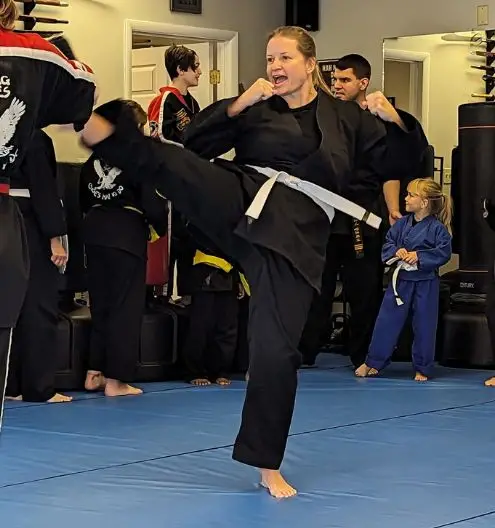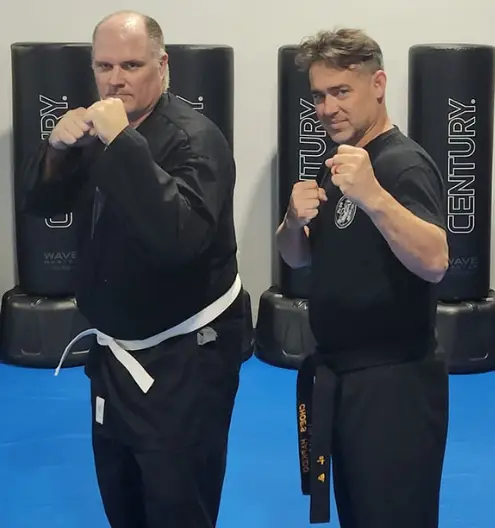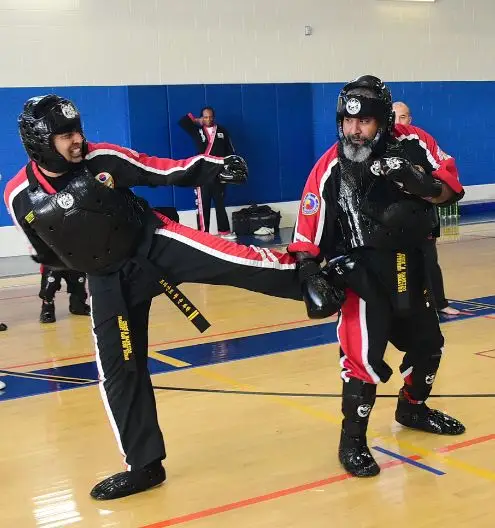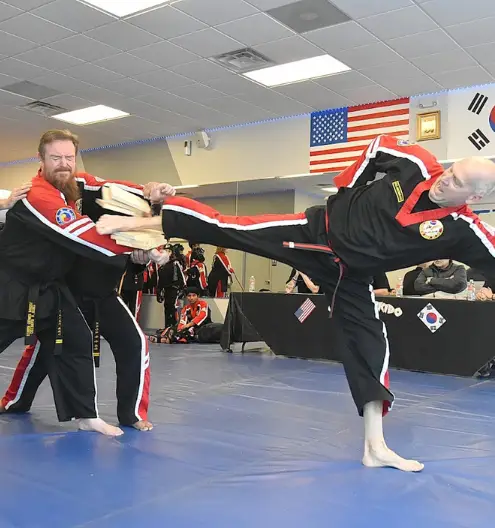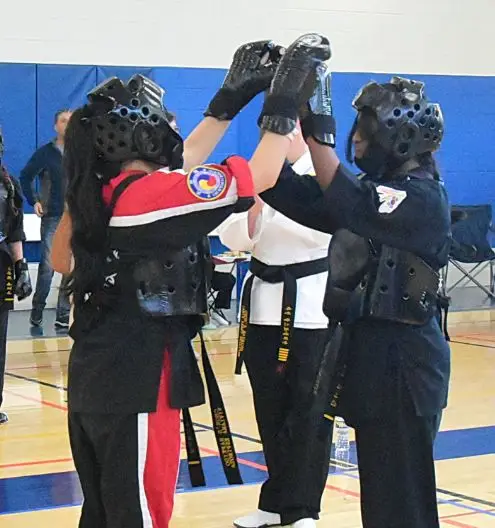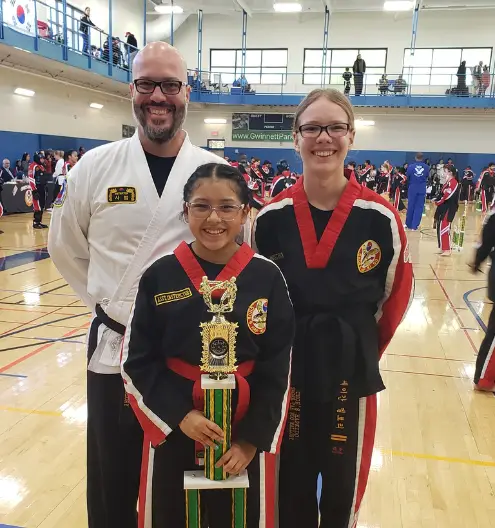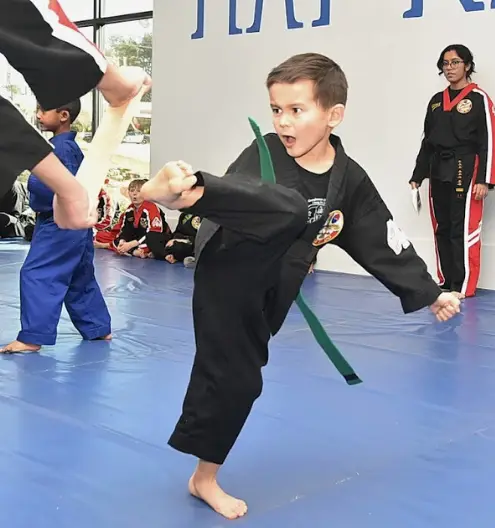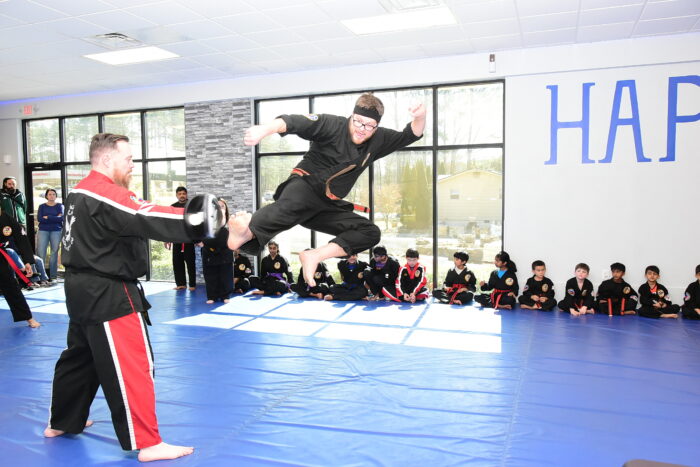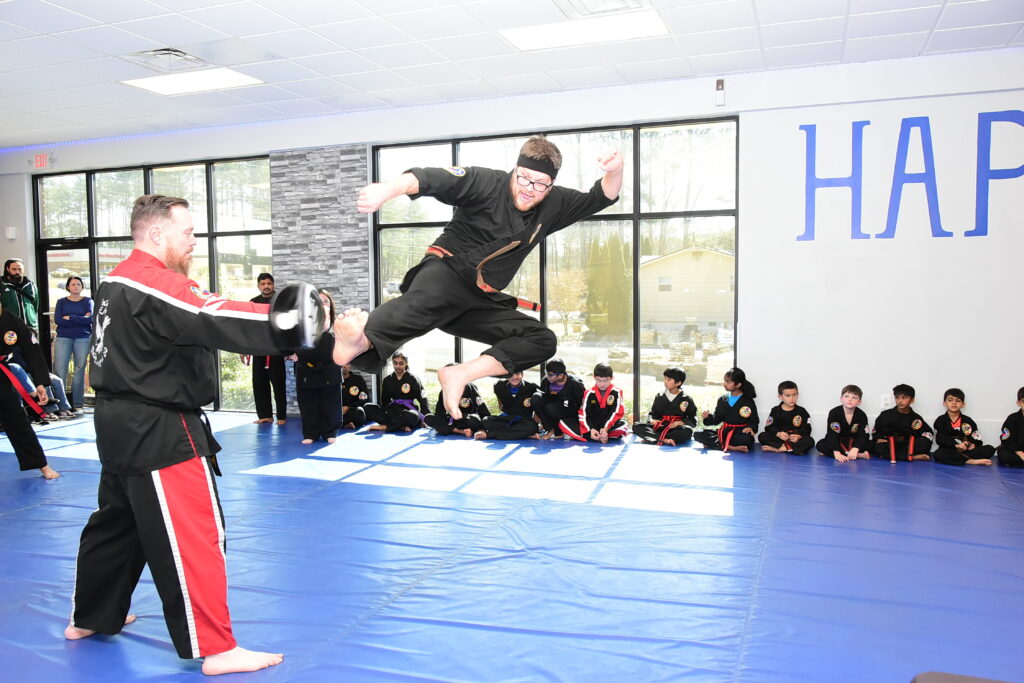Are you searching for martial arts classes in Taneytown, MD that offer a perfect blend of fitness, self-defense, and personal growth? Look no further than Choe’s HapKiDo Martial Arts! Located at 417 E Baltimore St, Suite A, Taneytown, MD 21787, our academy is dedicated to helping individuals of all ages achieve their goals through the art of HapKiDo.
Why Choose Choe’s HapKiDo in Taneytown?
At Choe’s HapKiDo Taneytown, we pride ourselves on providing a welcoming and supportive environment for students of all skill levels. Whether you’re a beginner interested in karate classes in Taneytown or an experienced martial artist looking to refine your skills, our expert instructors are here to guide you every step of the way.
Our programs are designed to:
- Improve physical fitness and coordination
- Teach practical self-defense techniques
- Build confidence and mental focus
- Foster respect and discipline
Martial Arts Classes for Everyone
We offer specialized classes for:
- Kids Karate Classes in Taneytown: Help your child develop focus, respect, and self-discipline while having fun in a safe and encouraging environment.
- Adult Martial Arts Classes in Taneytown: Stay active, relieve stress, and learn self-defense skills tailored to your fitness level.
- Family Martial Arts Classes in Taneytown: Bond with your loved ones while learning valuable life skills together.
What Makes Choe’s HapKiDo Taneytown Unique?
- Experienced Instructors: Our certified instructors are passionate about teaching and empowering students.
- Convenient Location: Situated in the heart of Taneytown, our dojo is easily accessible for residents of Carroll County and surrounding areas.
- Positive Community: Join a supportive community of like-minded individuals who share a passion for martial arts.
Join Our Martial Arts Classes in Taneytown Today!
Ready to start your martial arts journey? Visit us at Choe’s HapKiDo Taneytown or check out our website at https://trykarateclasses.com/ to learn more about our programs and schedule your free trial class. Whether you’re interested in karate classes in Taneytown or want to explore the benefits of HapKiDo, we’re here to help you achieve your goals.
Don’t wait—take the first step toward a healthier, more confident you. Contact us today and discover why Choe’s HapKiDo is the top choice for martial arts classes in Taneytown, MD!

